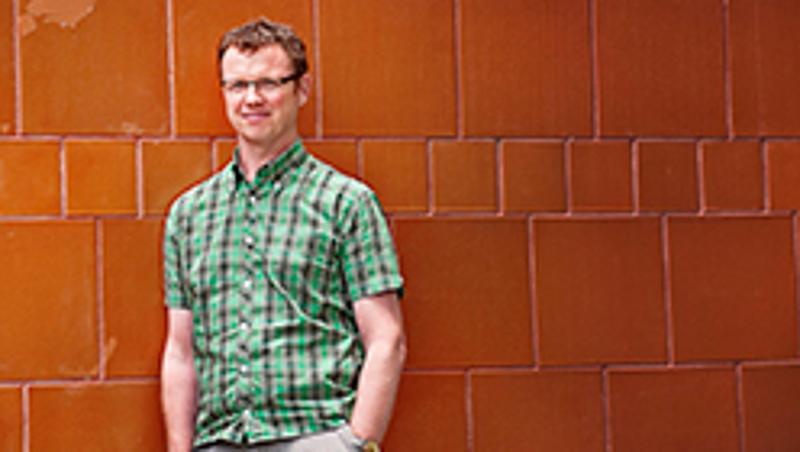
Could an Oscar's-style secret ballot resolve the National Health and Medical Research Council's (NHMRC) time-consuming grant writing process?
It's a theory health economics experts from QUT and University of Melbourne are about to test - and they're calling on Australia's research community to help.
Associate Professor Adrian Barnett and his team have been investigating alternative ways to fund health and medical research in Australia since 2011.
Their previous studies found that researchers spent 550 years of work time writing applications for NHMRC project grants in 2012 - a figure that blew out to 614 years in 2014 despite the NHMRC streamlining its process.
"The time spent applying for funding is a huge opportunity cost and for the 85 per cent of researchers who fail to win funding. That time could have been better spent on actual research," said Professor Barnett, a health statistician with QUT's Institute for Health and Biomedical Innovation and Faculty of Health.
"Complex problems, such as fierce competition for a small funding pool, don't necessarily need complex solutions.
"Taking votes from Australian researchers about who deserves funding is a radical approach but one we think is worth investigating.
"Over-competition for limited research funding is a common problem the world over. I think international research communities will be keen to see our results."
Professor Barnett said a democratic voting system would use peers' knowledge to accurately identify the highest quality researchers most worthy of funding.
He said allocating funding in this way would eliminate the need for lengthy grant applications, which would save potentially hundreds of years of scientific time in Australia.
"One of the most important factors for winning funding under the current system is the strong opinions of the peer reviewers - particularly your spokesperson - which leaves you at the mercy of the luck of the draw of getting a good spokesperson.
"Democracy has potential merit because it's essentially a very low-cost form of peer review, involving many peers who have little individual influence."
The team wants researchers currently working in Australia to complete a short survey, listing and ranking up to 10 researchers they believe most deserve funding.
The results will be tallied and compared to the actual funds allocated to researchers in ARC and NHMRC funding rounds in recently years, with the study tracking both the number of successful grants and the total funding won.
"That should give us a pretty good indication of how closely the democratic voting system mirrors the current system," Professor Barnett said.
Any current researcher at any Australia research institute or university can complete the survey.
Professor Barnett said the team would conduct a larger study into the viability of a democratic voting system if the results of the first study showed the system had merit.
Read the opinion piece written by Professor Barnett and his colleagues and published in The Conversation.
RELATED STORIES
Grant preparation blowout despite simplified NHMRC process
Expect 6000 more Australian deaths if pollution rises to 'safe' threshold
Scientists urged to join grant system reform
Media contact
Kate Haggman, QUT Media, 3138 0358, kate.haggamn@qut.edu.au
After hours Rose Trapnell, QUT Media team leader, 0407 585 901.


